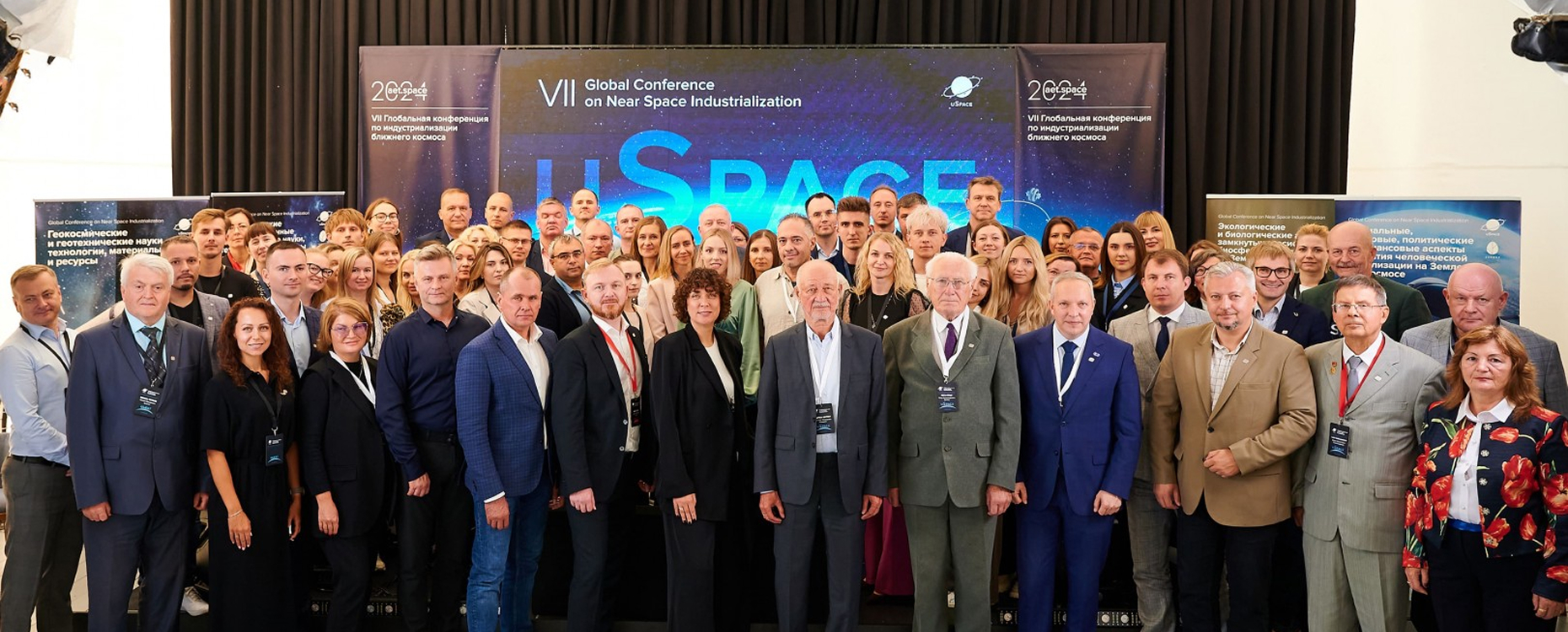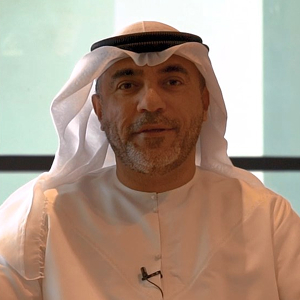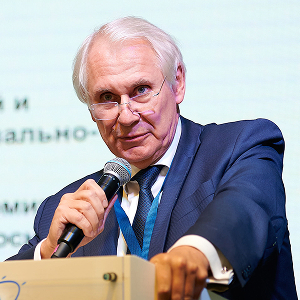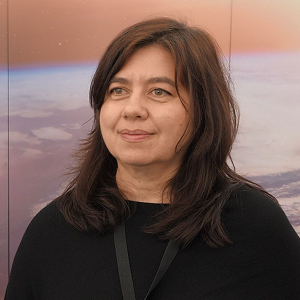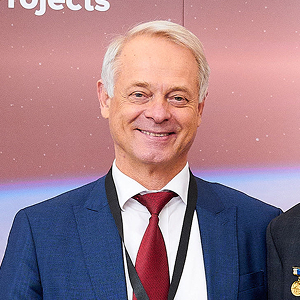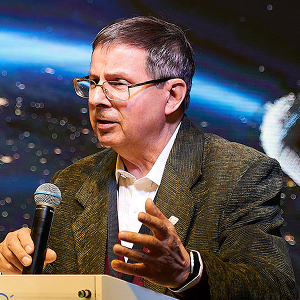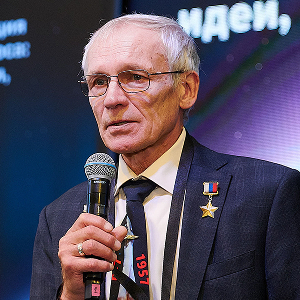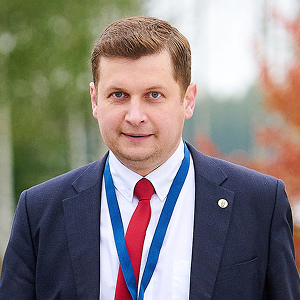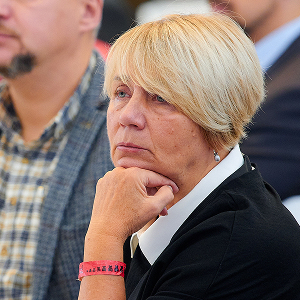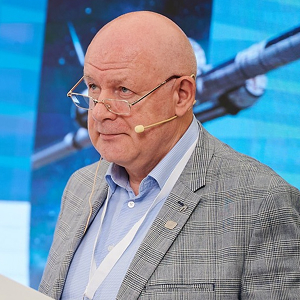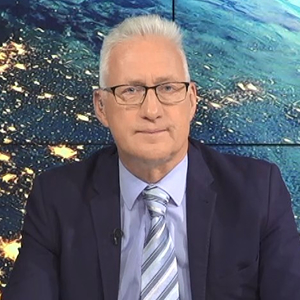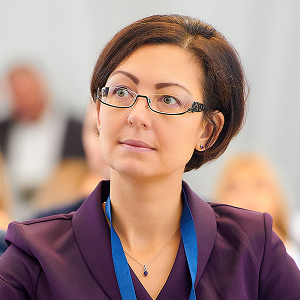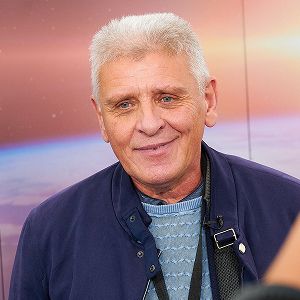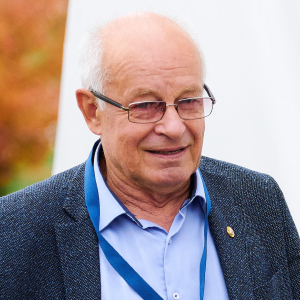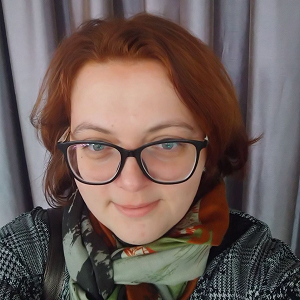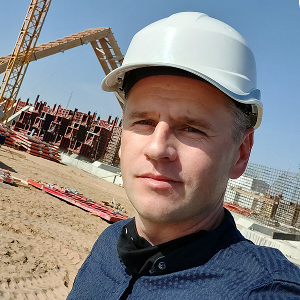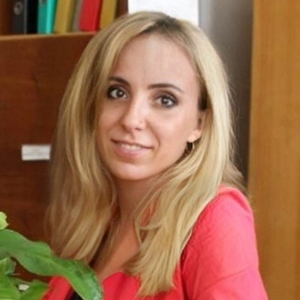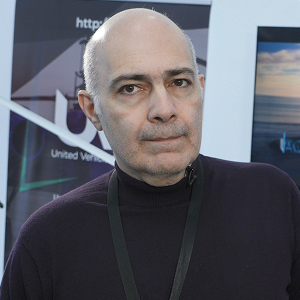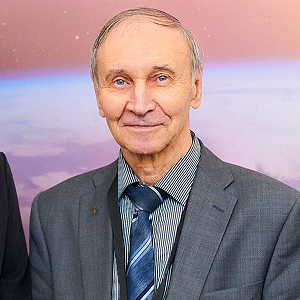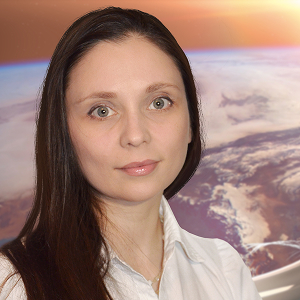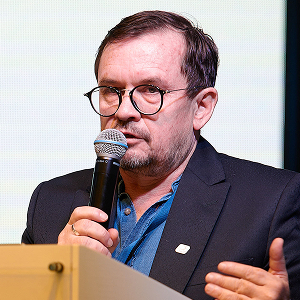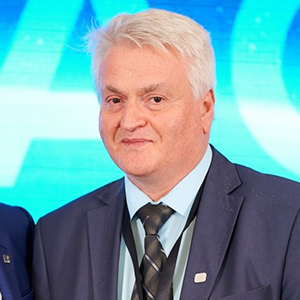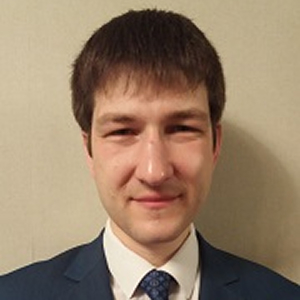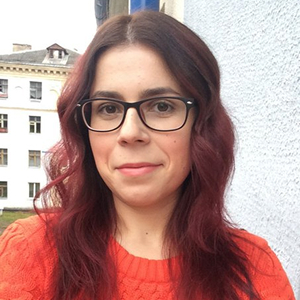III International Scientific and Technical Conference “Non-Rocket Near Space Industrialization: Problems, Ideas, Projects”
250 participants
online
offline
The focus was on the solution of global problems of our time (including environmental ones) with geocosmic means, principles of creation, designing, theory, and calculation of the transport and infrastructure geocosmic complex, specifics in designing space settlements, as well as the prospects for engineering and technological space exploration within the framework of the EcoSpace program.
A great interest in the event was manifested by scientists, researchers, and inventors from BSU, BSTU, BelGUT, NAS (Belarus), Lomonosov Moscow State University (MSU), Tomsk Polytechnic University, RUDN Academy of Engineering, Institute of Earth Sciences of St. Petersburg State University, Kazan Federal University (Russia), Zhytomyr National Agroecological University, National Zaporozhye Polytechnic University (Ukraine), Institute of Space Research and Technology (Bulgaria), Jagiellonian University (Poland), MTRIZ Academy (Germany), XAMK (Finland), RMIT University (Vietnam), American University of Sharjah Enterprises (UAE), UN Commission (USA), and also from Estonia, Italy, India, and Great Britain

